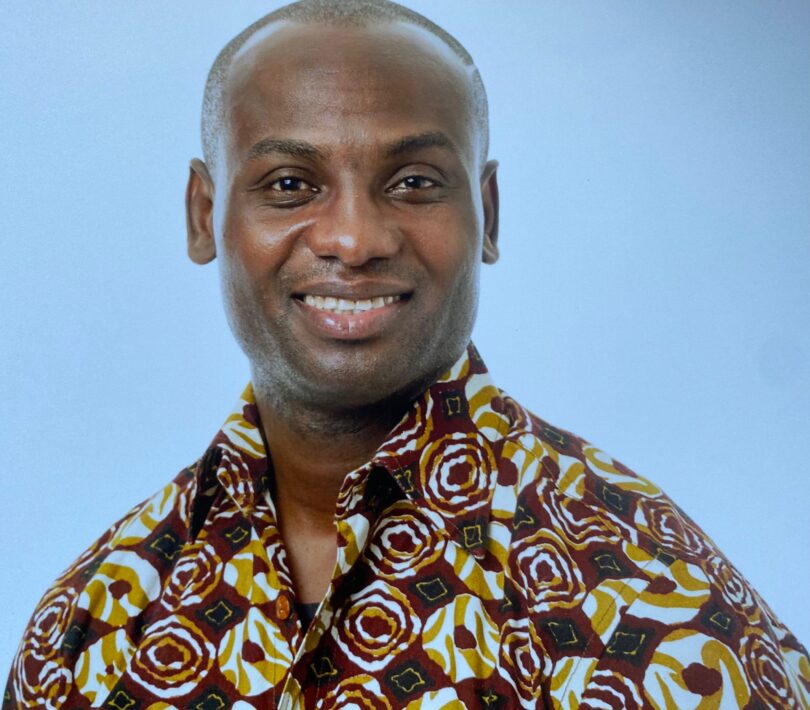Health Desk
The BKANK Group, a leading bio-engineering firm, is pushing for the establishment of Regional Critical Health Infrastructure, an Integrated Large-Scale Oxygen Production Plant based in Ghana, to address the dire shortage of medical oxygen in West Africa.
Despite its crucial role in modern medicine, medical oxygen remains inaccessible to millions of patients across the region.
The Alarming Statistics
– 473,000 African children under five died of pneumonia in 2015, with Sub-Saharan Africa bearing 43% of global pneumonia deaths.
– 84% of Ghanaian health facilities lack functional oxygen cylinders or concentrators.
– In Ghana, respiratory diseases accounted for 15.5% of all institutional deaths in 2020, with 16.5% of these deaths occurring among children under five.
– Lower respiratory infections account for one in seven deaths in Burkina Faso, while Togo recorded 5,739 pneumonia-related deaths in 2020, representing 11.56% of all national deaths.
The Proposed Solution
The BKANK Group’s advocacy framework proposes the establishment of Regional Medical Oxygen Hubs to improve production, distribution, and data-driven management of oxygen supply systems across ECOWAS/WAHO Member States. The initiative aims to:
– Boost regional production capacity through a large-scale Medical Oxygen Production Plant anchored in Ghana.
– Develop a coordinated distribution network to ensure 24-hour oxygen availability across facilities.
– Build technical and clinical capacity through training biomedical engineers, technicians, and healthcare providers.
– Enable data-driven management through a centralized digital platform.
– Strengthen health system resilience by integrating oxygen production and supply systems into national and regional emergency preparedness frameworks.
A Call to Action
The BKANK Group is urging governments, policymakers, donors, and development partners to take action and invest in infrastructure, capacity building, and local oxygen production.
Recognizing medical oxygen as a life-saving drug and ensuring its availability is not just a policy goal, but a moral imperative. Every life lost due to lack of oxygen is a preventable tragedy.
Source: www.thenewindependentonline.com








